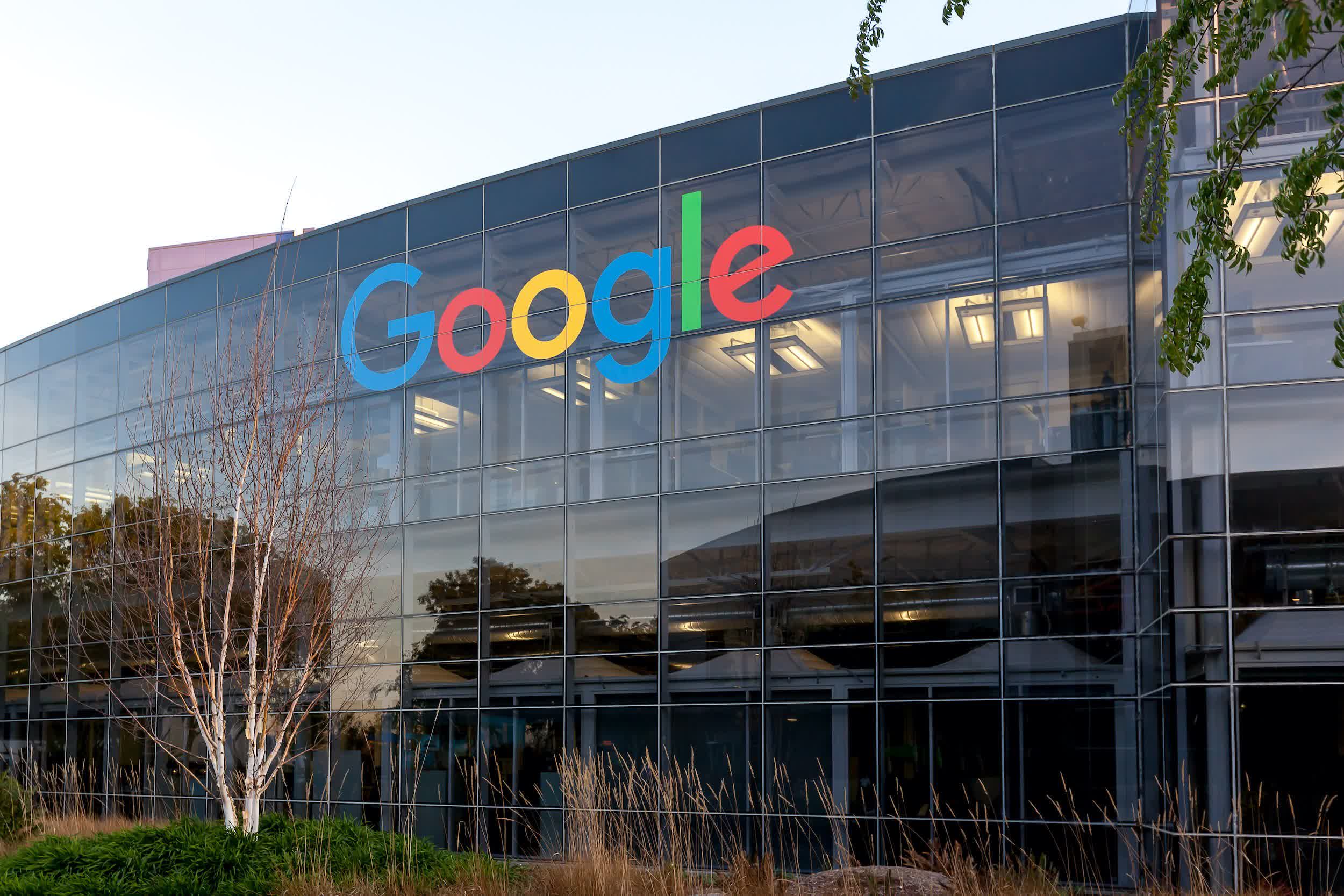Why it matters: The Department of Justice is looking to bring antitrust litigation proceedings against Google. The search giant is feared to be using its market dominance to dictate significant changes that have far-reaching consequences.
Lawmakers are looking to force Google into selling some of its online properties. Its core businesses include advertising and related technology, the Google search engine, and the YouTube social media platform. All in all, the company has a 251 product portfolio that includes Gmail, Chrome, Maps, Google Play Store, and Android.
Its reach via these segments currently exceeds the 2 billion user mark and dominance over multiple key industries, especially the advertising market, one of the main reasons legislators are concerned.
According to the latest report, the Department of Justice is mulling over which Google property to break up. According to insiders, Chrome is one of the products being targeted. The browser is believed to be central to how the company collects user data and influences the search industry.
Unveiled in 2008, Google's Chrome browser currently dominates the US browser market. According to Net Market Share, the company has a commanding 69.19 percent paramountcy. A slew of Google rivals accused the company of using its browser to track users' search habits and incorporating this into its advertising business.
Google has tried to mollify skeptics by announcing that it will disable third-party cookie functionality on its Chrome browser within the next couple of years. This is in a bid to enhance user privacy. Cookies track users across websites and are pivotal to advertising effectiveness because they help target users with the right ads, based on browsing patterns.
Google's $3.1 billion DoubleClick acquisition in 2007 notably propelled its advertising segment into the formidable advertising powerhouse that it is today. For perspective, the company achieved $134.8 billion in revenue in 2019, which is approximately two times what Facebook was able to rake in within the same period.
The present scrutiny is over whether Google is unfairly undercutting and stymieing competitors, publishers, and advertisers with the provision of its services.
The Justice Department has yet to respond to the litigation reports. Google has also yet to comment. In September, Google Vice President Sissie Hsiao defended its business model while underlining that it was operating in a competitive environment.
"We compete with lots of other companies in this space, including household names such as Adobe, Amazon, AT&T, Comcast, Facebook, Oracle, and Verizon. In just the last few years, many of these companies have bought or introduced new ad tech platforms, each bringing its own unique advantage," she said.
European regulators fined the company $1.7 billion for abuse of its dominance over the ad server sector in 2019.
Regulators in France, Australia, the UK, and Germany are already looking into related violations.
Image Credit: JHVEPhoto

